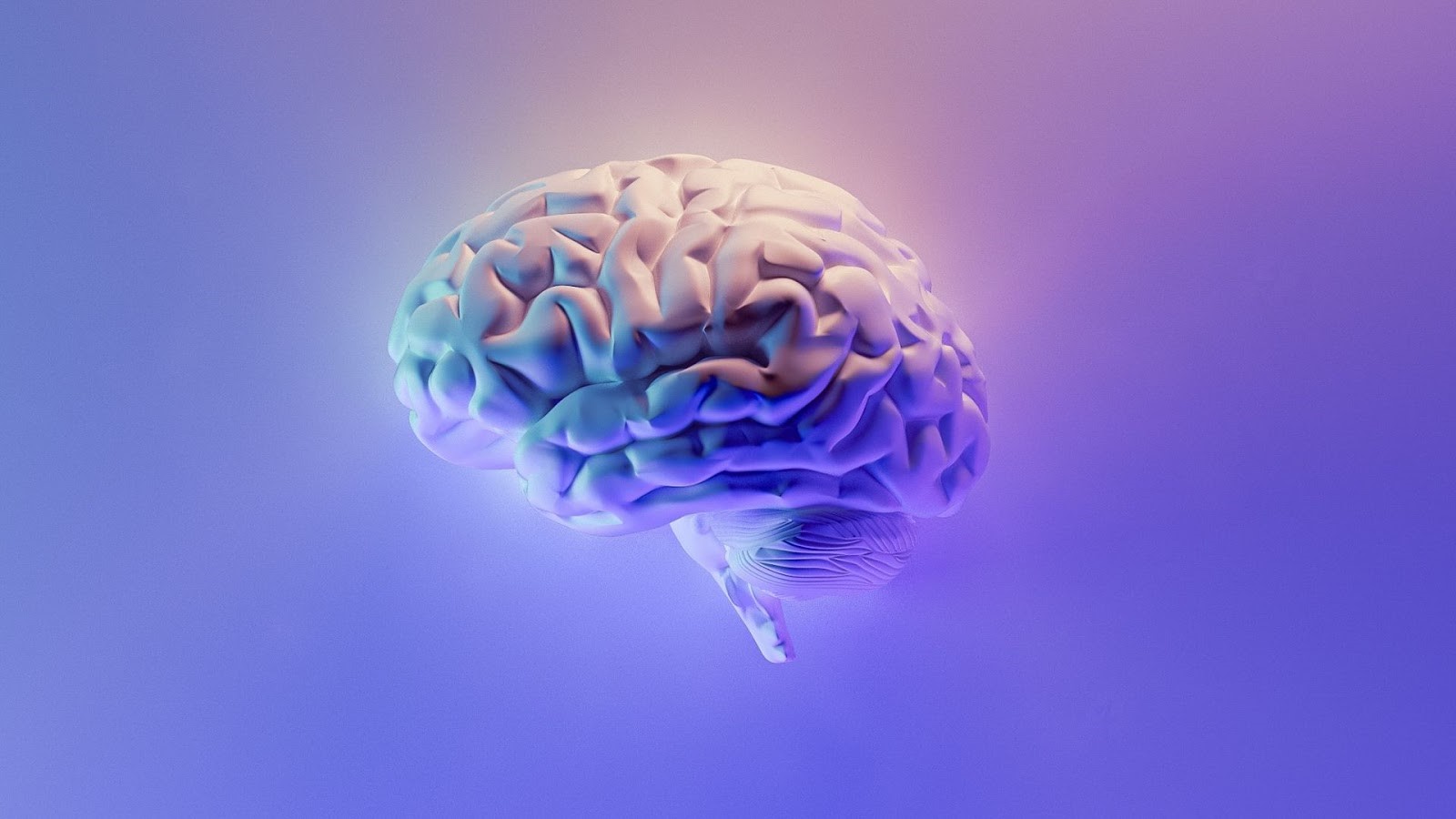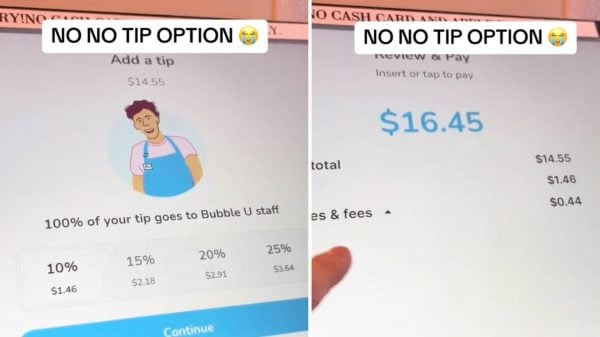There is a growing concern about the effects of TikTok on the mental health and attention spans of children and teenagers. The term “TikTok brain” has been coined by Julie Jargon in The Wall Street Journal to describe the difficulty young people experience in participating in activities that do not offer instant gratification after binge-watching short-form content on platforms like TikTok and Instagram Reels.
The Role of Dopamine:
The addictive nature of TikTok can be attributed to the release of dopamine in the brain. John Hutton, a pediatrician and director of the Reading & Literacy Discovery Center at Cincinnati Children’s Hospital, described TikTok as a “dopamine machine.”
Dopamine is a neurotransmitter that is released when the brain anticipates a reward. This release of dopamine reinforces cravings for enjoyable activities, whether it is a tasty meal, a drug, or a funny TikTok video.
Neuropsychologist Dr. Sanam Hafeez explained that when you laugh at something on TikTok, your brain receives a hit of dopamine. If you encounter something you do not like, you can quickly move on to something that produces more dopamine. This repeated cycle can train your brain to crave the rewards obtained from shorter content.
Research Findings:
Although research into TikTok’s specific impact on the brain is still in its early stages, there is a growing interest among scientists in this area. A study conducted by Guizhou University of Finance and Economics in China and Western Michigan University suggested that videos on TikTok and similar YouTube Shorts engage users through “short bursts of thrills,” which can lead to the development of addictive behavior.
Additionally, a 2019 study published in Nature Communication, cited by the Science Times, indicated that the “collective attention span” appears to be narrowing due to the rapid consumption of content on social media. Although this study did not explicitly focus on TikTok, it suggested that the app might have genuinely affected people’s brains.
Children’s Attention Span at Risk
Children and teenagers are particularly at risk because activities requiring prolonged focus, such as reading, utilize “directed attention,” a function regulated by the prefrontal cortex. This part of the brain is responsible for decision-making and impulse control and does not fully develop until around age 25.
Michael Manos, the clinical director of the Center for Attention and Learning at Cleveland Clinic Children’s, noted that the constantly changing environments on TikTok do not require sustained attention. This makes it difficult for the brain to adapt to non-digital activities where things do not move as fast.
Gloria Mark, author of “Attention Span: A Groundbreaking Way to Restore Balance, Happiness, and Productivity,” argued that cultural indoctrination encourages young people to prefer highly stimulating fast scene shifts, making it harder for them to pay attention to activities that do not offer instant gratification.
Efforts by Social Media Companies:
Social media companies have started to implement features to limit the potential overuse of apps by younger users. TikTok, for instance, does not allow push notifications after 9 p.m. for users aged 13 to 15 and periodically creates videos reminding users to take a break.
YouTube has introduced YouTube Shorts, with content not exceeding 60 seconds, and implemented features like turning off autoplay and sending break or sleep reminders for users aged 13 to 17.
YouTube spokeswoman Ivy Choi stated that while research on the impact of short-form content is in its early stages, YouTube is closely monitoring outcomes and working with third-party experts to refine the Shorts experience for young people and their families.
As awareness of the potential effects of ‘TikTok brain’ grows, it is crucial for parents to encourage balanced use of technology. Although social media companies are taking steps to address the issue, the responsibility ultimately lies with parents to ensure the well-being of their children in the digital age.































































